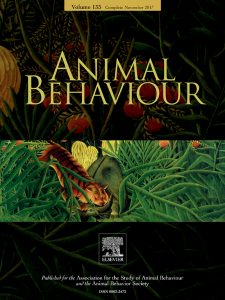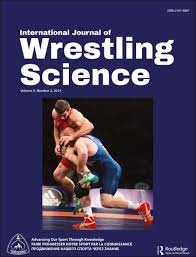
A professor at a Japanese teachers college has admitted to plagiarism, according to a university report, and was suspended for one month.
On Nov. 24, Hyogo University of Teacher Education announced the results of a misconduct investigation; according to the report, the professor confessed to plagiarizing in a paper.
We translated the notice and were able to learn a little bit about the investigation. Notably missing: both the professor’s and paper’s names.
Here’s how the investigation happened, according to the report: Continue reading University in Japan suspends professor one month for plagiarism


 Following heavy criticism of its decision to correct — instead of retract — a paper accused of plagiarism,
Following heavy criticism of its decision to correct — instead of retract — a paper accused of plagiarism, 


 A
A